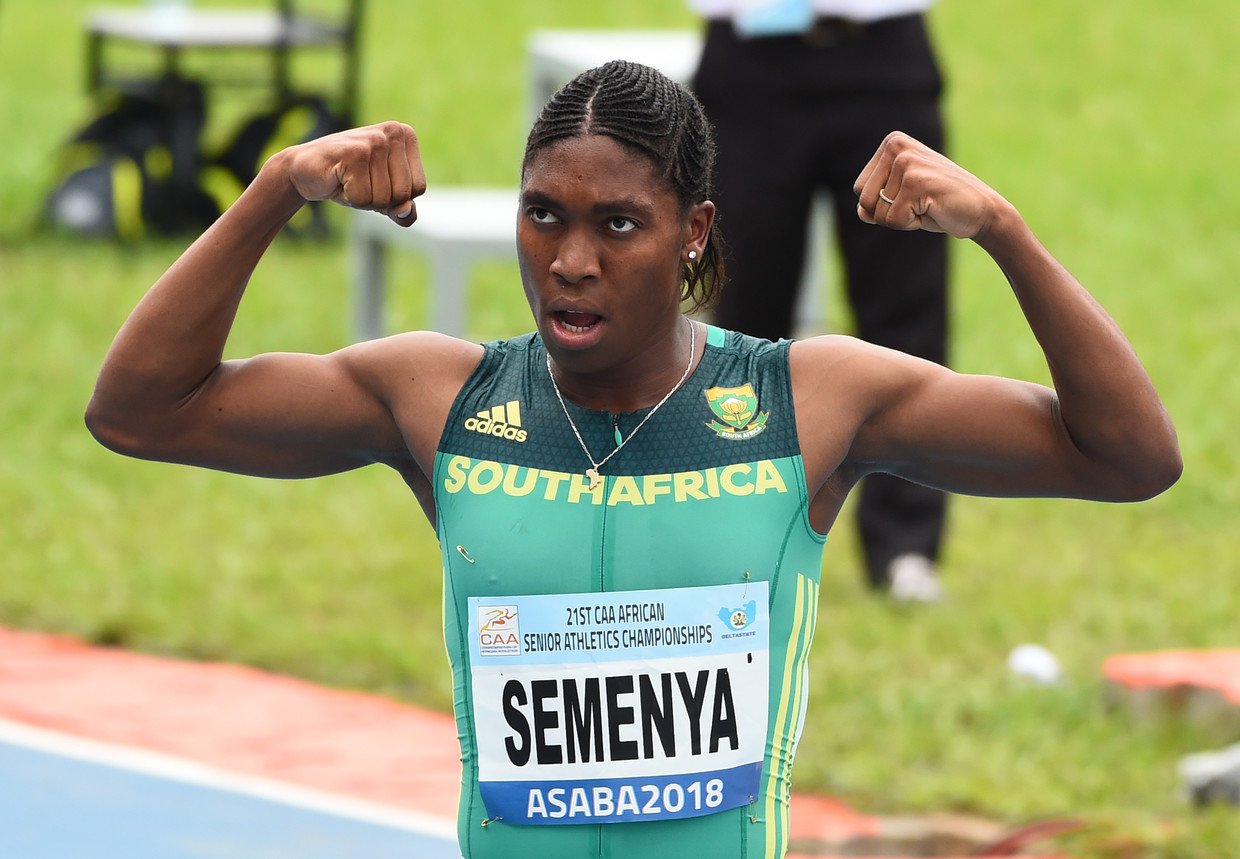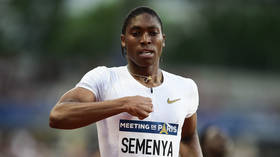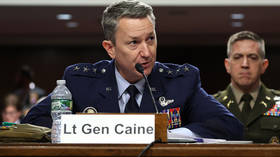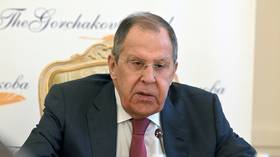Caster Semenya loses CAS appeal against IAAF in pivotal testosterone case

The Court of Arbitration for Sport (CAS) has rejected Caster Semenya’s appeal against the International Association of Athletics Federations (IAAF) over testosterone regulations.
The South African middle distance runner attempted to cancel the IAAF’s ruling that requires athletes with naturally high testosterone levels to medically reduce them to be approved for international competitions.
In a statement on Wednesday, CAS said: "By majority, the CAS panel has dismissed the requests for arbitration, considering that the claimants were unable to establish that the DSD [differences of sex development] regulations were 'invalid'.
"The panel found that the DSD regulations are discriminatory, but the majority of the panel found that, on the basis of the evidence submitted by the parties, such discrimination is a necessary, reasonable and proportionate means of achieving the IAAF's aim of preserving the integrity of female athletics in the restricted events."
CAS said, however, that the panel "expressed some serious concerns as to the future practical application" of the DSD regulations.
Two-time Olympic 800m winner Semenya found the testosterone ruling discriminative, as it didn’t cover all athletics disciplines, extending to just middle distances (from 400m to 1,500m), dominated by Semenya.
The ruling, which should have come into effect last November, required any female athlete, including those with DSD, to have a testosterone level below 5 nmol/L.

The IAAF’s decision to prohibit women with high testosterone levels from competing was based on scientific research that shows higher levels give athletes a significant advantage over competitors.
Also on rt.com 'Colossal advantage': Olympic champ Isinbayeva says testosterone rules should have 'no exceptions'Semenya responded to the news on social media with a shrugging emoj and the message: "Sometimes it's better to react with no reaction."
🤷♂️ pic.twitter.com/FHmm10npfx
— Caster Semenya (@caster800m) May 1, 2019
Semenya could still compete at the 2019 IAAF World Championships in Doha in September, possbily switching to the 5,000m, after recently winning the national title. That event that is not covered by the testosterone regulation.
The IAAF has also said that athletes affected by the ruling could compete at any distance, so long as they start treatment by May 8.















